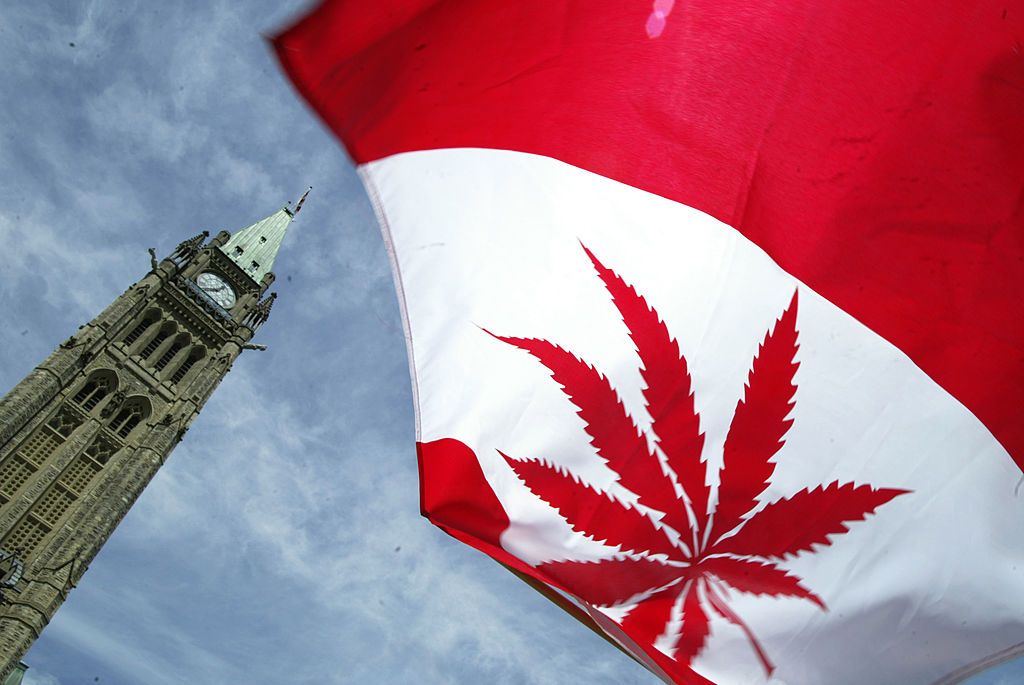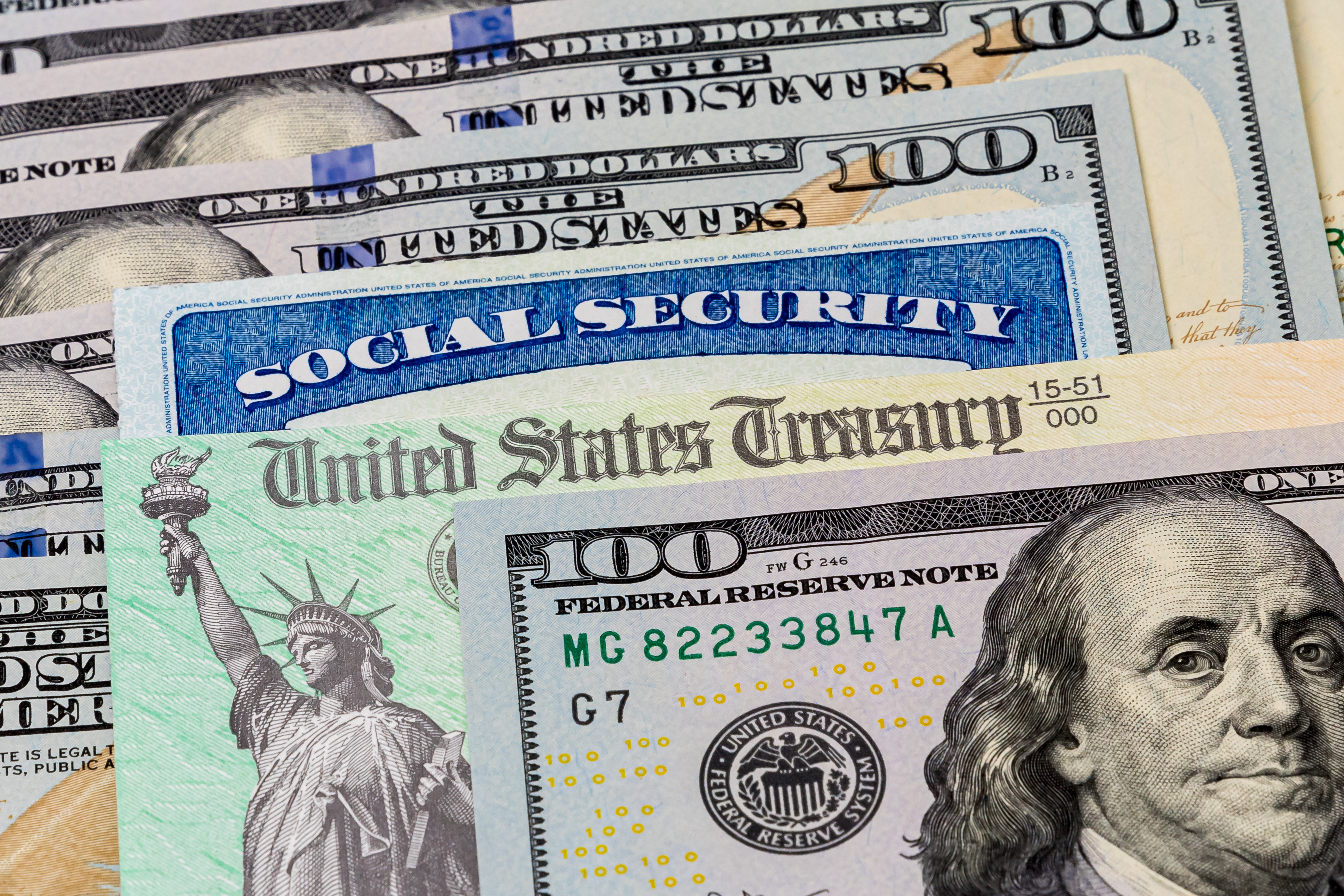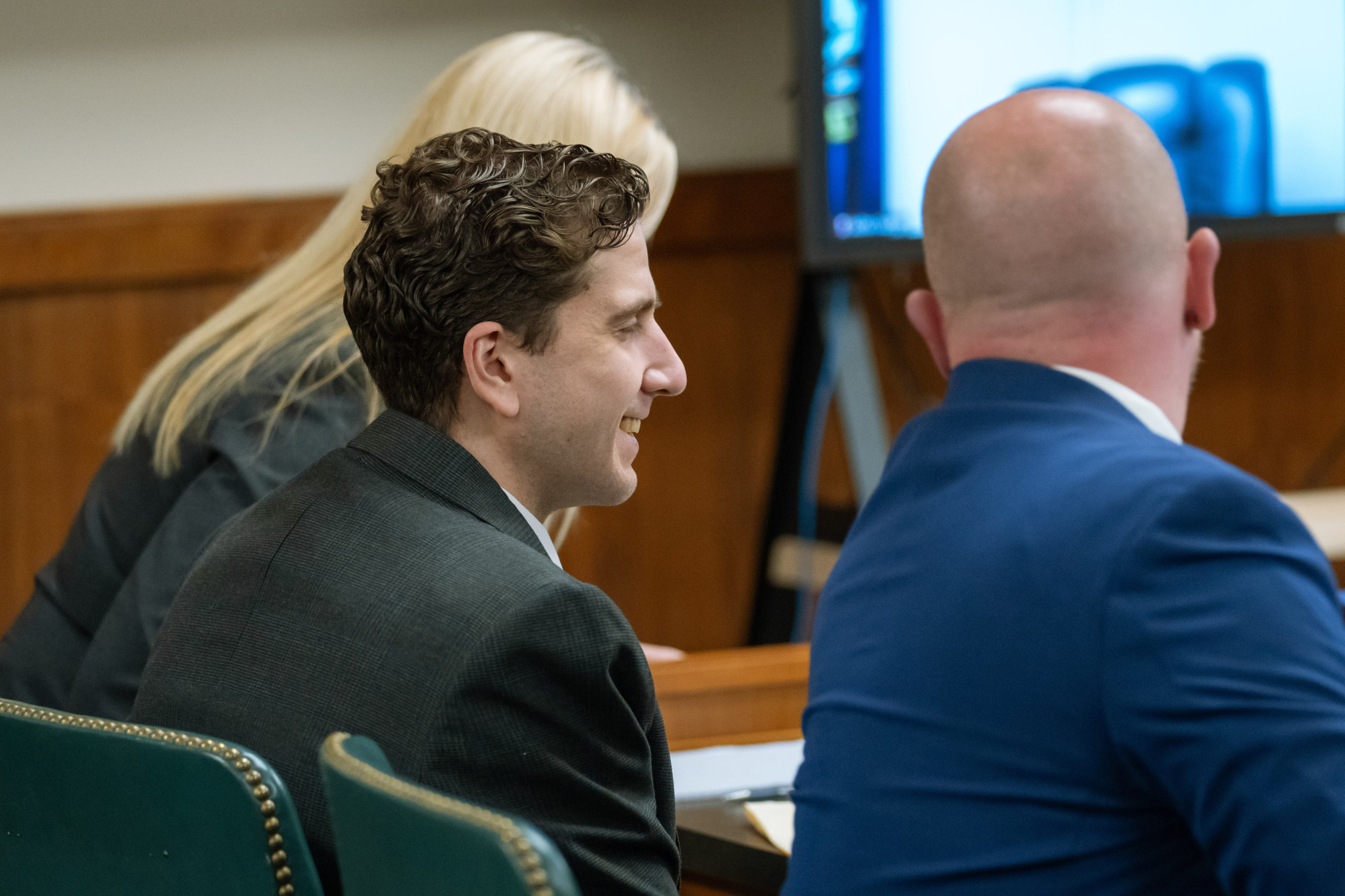
Next year Canada will hit a high no other G7 country has reached: legalizing marijuana as a recreational drug.
Fulfilling a campaign promise, Prime Minister Justin Trudeau's Liberal Party passed a bill easing restrictions in March—the drug has been available for specialized medical use from dispensaries in several Canadian provinces, including British Columbia and Alberta, since 2001. The new law will come into effect on July 1 2018.
Canadian provinces, law enforcement and medical authorities must resolve a series of legal and practical quandaries before then: How will police test drivers who they suspect are high? How will law enforcement keep the drug out of the hands of young users? How will diplomats renegotiate long-standing international drugs treaties?
These as yet unanswered questions have led some to criticize the rollout as too hasty: Manitoba's finance minister Cameron Friesen said Monday that the provinces need more time before the new law comes into practice.
Dr Juergen Rehm, director of social and epidemiological research at the Centre for Addiction and Mental Health, Toronto, has advised the Canadian government on the roll-out of the Marijuana legislation.
He told Newsweek that he expects more people to use the drug when it is legalized— mainly of the "I'll try this once at a party to see what it's like" persuasion—but says regulation would help to minimize long-term negative health impacts.
"Cannabis is not one of those substances that you try once or twice and become automatically dependent – that is not the case," he said.
" The link between use and dependence is key and I think we can probably, with good regulations, avoid some of the transitions from use to heavy use to dependence, and that can be done by regulating some of the ingredients, such as the drug's psychoactive constituent THC."
Several studies have linked use of the drug to an increased risk for psychiatric disorders, and last year scientists from the UK, US, Europe and Australia called for global public health campaigns to warn of the drug's dangers.
But Rehm points out that the number of Canadians at risk is proportionally small.
"The links between alcohol and depression and alcohol and anxiety disorders – here you are speaking about hundreds and thousands of people. With cannabis and schizophrenia you are speaking about lower than 100 people," he said.
Studies have identified teens as the group most at risk from suffering adverse mental health issues from using the drug long-term. One of the government's key defenses is that the drug will be out of young people's reach, with sale restricted to those 18 or over.
Rehm said that as with alcohol, the sale of which is restricted to adults, teenagers will acquire cannabis, "but we will have the illegal market of other drugs being de-linked from our [youth]. Cannabis will be controlled for THC content and other ingredients, like milk or bread."
At present, cannabis users can access other, more dangerous drugs from dealers who may also sell substances such as methamphetamine or heroin, with marijuana described by critics as a "gateway" to those more dangerous substances.
For defenders of legalization, the legal sale of the drug could block that gateway.
"The gateway hypothesis doesn't have a great deal of merit in that it is a tiny number of people who use cannabis who go along to use other drugs," Neil Boyd, a professor and Director of the School of Criminology at Simon Fraser University, told Newsweek. However, he acknowledges, "to the extent the cannabis market is separated from the market for other drugs through legalization, that has to be seen as a positive because young people are not likely to be introduced to [other drugs.]"
Cannabis' "Legal Limit"
Cannabis can influence drivers' reaction times, visual function, concentration and short-term memory, but there is no consensus about what constitutes being 'over the limit.'
Though only about 2,500 of the 75,000 impaired driving incidents were related to drugs in Canada in 2015, the number of fatalities found with drugs in their system is much higher, concerns remain that there could be a spike in road as accidents involving drivers under the influence, as there was in Colorado after the drug was legalized in 2014.
In cities such as Ottawa police are trialing a saliva-based test to detect drug impaired drivers, as no known effective 'breathalyzer' type device exists for cannabis.
Doug Beirness, vice-chairman of the Drugs and Driving Committee within the professional organization of The Canadian Society of Forensic Science, told the Global Post last year that initial tests had been successful.
"What we were interested in was, 'Can you use oral fluid screening at the side of the road to assess recent drug use?' The answer to that was yes."
One of the key arguments made by Trudeau's government is that legislation will ultimately help law enforcement, allowing police to direct resources toward combating serious crime, and reducing a key income stream for organized crime gangs.
Professor Boyd, though, is skeptical of the likely effect on crime gangs.
"If we look at the cannabis industry most of the people involved historically in the production and distribution of cannabis...are not involved in other criminal activity," he told Newsweek.
Provinces will play a role in deciding how implementation will work and are responsible for deciding pricing and how the drug is retailed. Advocates of the legislation argue that low taxation is key to keeping the sale of the drug out of the hands of organized crime.
Some provinces, such as British Columbia, favor the drug being sold alongside alcohol in liquor stores. Others, such as Manitoba, favor selling the drug in specialty stores, separate from alcohol sales.
Cannabis and Diplomacy
Canadian diplomats are working out how to navigate international treaties, committing Canada to combating illegal drugs trafficking.
The Canadian government insists that it remains committed to its obligations under international drugs control treaties, however critics have called on the government to explain how, exactly, it plans to conform to its treaty obligations.
Uruguay, which legalized the recreational use of the drug 2013, has reportedly offered Canada its advice in negotiating the diplomatic ramifications of the move.
As a centerpiece of Justin Trudeau's Liberal legislative program, the roll out of the law is likely to have political as well as social repercussions. And with countries across the west locked in debate about how best to legislate drugs use, its impact will reach far beyond Canada's borders.
Uncommon Knowledge
Newsweek is committed to challenging conventional wisdom and finding connections in the search for common ground.
Newsweek is committed to challenging conventional wisdom and finding connections in the search for common ground.
About the writer
To read how Newsweek uses AI as a newsroom tool, Click here.








